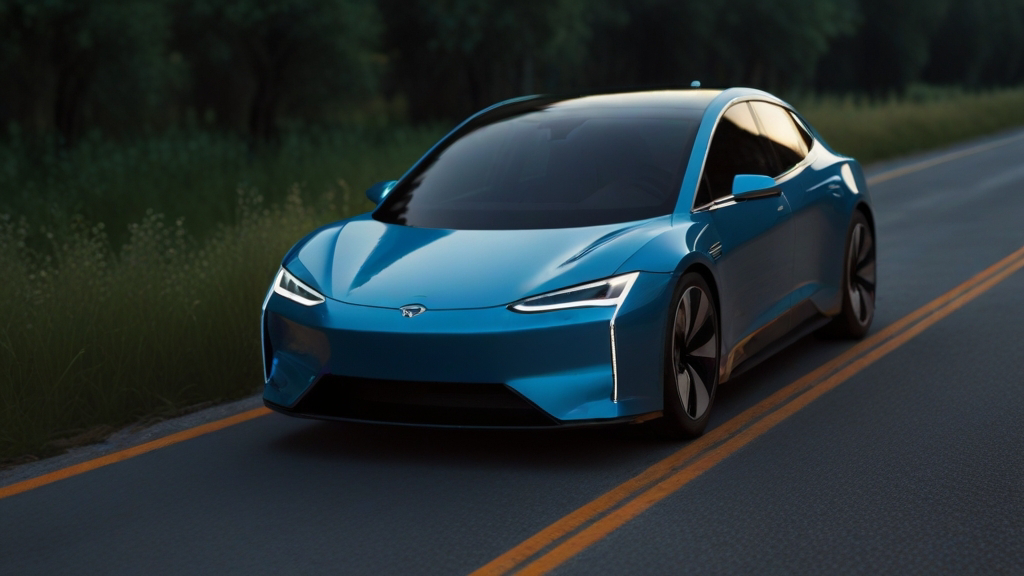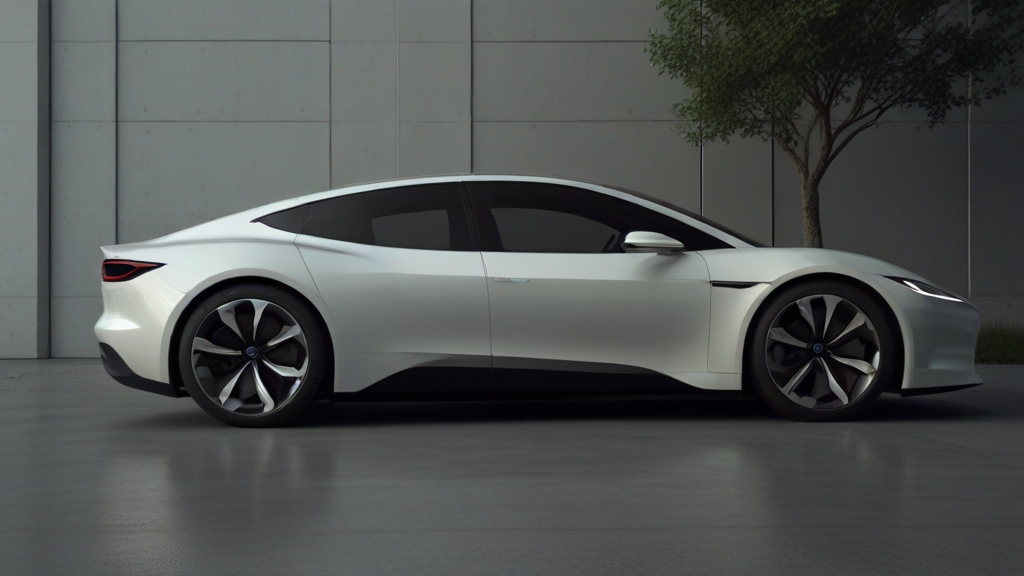What Should We Name It?
The notion of not needing Tesla in Qatar may stem from the belief in the potential of Qatar's own capabilities to manufacture a similar car. As a forward-thinking nation with ambitious goals for technological advancement and sustainability, Qatar has been investing heavily in various sectors, including automotive manufacturing. While Tesla has undoubtedly made significant strides in the electric vehicle (EV) market globally, Qatar's desire to establish its own automotive industry suggests a determination to innovate and compete on a global scale.
Qatar's vision for a homegrown automotive industry is not without merit. With abundant resources, strategic investments, and a commitment to sustainable development, Qatar possesses the necessary ingredients to create a thriving automotive sector. By leveraging its expertise in energy production and cutting-edge technology, Qatar aims to produce electric vehicles that not only rival Tesla but also address the unique needs and preferences of the Qatari market.
One of the key advantages Qatar holds is its vast reserves of natural gas, which can be used to produce hydrogen fuel for fuel cell electric vehicles (FCEVs). Unlike traditional battery electric vehicles (BEVs) like those produced by Tesla, FCEVs offer longer driving ranges and faster refueling times, making them more suitable for long-distance travel in Qatar's expansive desert landscape. By investing in hydrogen infrastructure and research and development, Qatar can position itself as a leader in FCEV technology and pave the way for a sustainable automotive future.
Furthermore, Qatar's commitment to renewable energy and environmental conservation aligns with the growing global demand for eco-friendly transportation solutions. By prioritizing the development of electric and hydrogen-powered vehicles, Qatar can reduce its carbon footprint and contribute to the fight against climate change while also diversifying its economy and creating new opportunities for innovation and growth.
In addition to technological advancements, Qatar's automotive industry can benefit from its strategic location and robust infrastructure. As a gateway between East and West, Qatar offers easy access to key markets in the Middle East, Asia, and beyond. With world-class ports, airports, and logistics hubs, Qatar has the necessary infrastructure to support the manufacturing, distribution, and export of vehicles on a global scale.
Moreover, Qatar's commitment to education and human capital development ensures a skilled workforce capable of driving innovation and excellence in the automotive industry. By investing in STEM (science, technology, engineering, and mathematics) education and vocational training, Qatar can cultivate a new generation of engineers, designers, and technicians equipped with the knowledge and skills to succeed in the automotive sector.
While Tesla has undoubtedly made significant strides in the electric vehicle market globally, Qatar's vision for a homegrown automotive industry represents a unique opportunity to showcase its capabilities and contribute to the advancement of sustainable transportation solutions. By harnessing its resources, expertise, and ambition, Qatar can manufacture electric and hydrogen-powered vehicles that not only rival Tesla but also embody the spirit of innovation, sustainability, and progress. As Qatar continues to pursue its vision of a diversified and knowledge-based economy, the emergence of a homegrown automotive industry could serve as a testament to the nation's potential and ambition on the global stage.








0 Comments